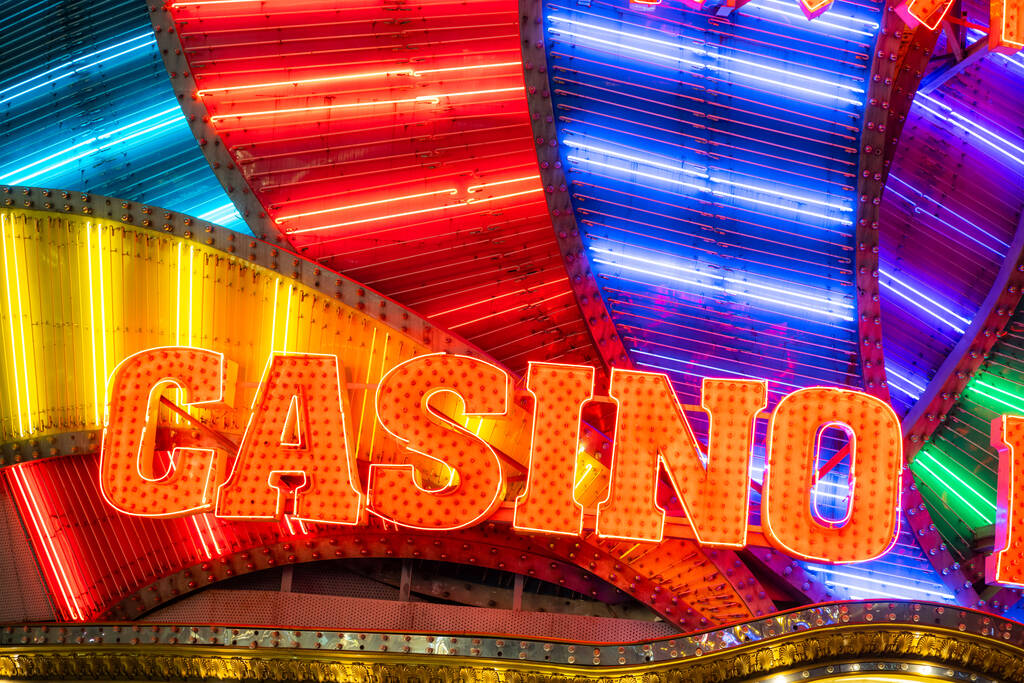Rise of Social Casino Games in Ireland: From Free Play to Real Money Gaming

Social casino games have emerged as one of the fastest-growing entertainment sectors in Ireland, captivating millions of players with their blend of traditional casino excitement and modern social connectivity. These free-to-play games, which include virtual slot machines, poker, and blackjack, have transformed how Irish players engage with casino-style entertainment, offering all the thrills of gambling without the financial risk.

The popularity of these games has led to a natural progression for many players, who eventually seek more excitement and potential rewards. For those ready to make this transition, exploring top-rated gambling sites to enjoy provides access to regulated, real-money gaming environments that maintain the social elements and entertainment value they’ve come to love. This evolution from free-to-play to real-money gaming represents a significant shift in Ireland’s gambling landscape, with the online market projected to reach €1.20 billion by 2024.
Psychology Behind Social Casino Appeal
Social casino games draw players in by combining exciting visuals, unpredictable rewards, and social features that create a fun, low-risk way to enjoy the thrill of gambling. They tap into our natural desire for connection and achievement through friendly competition and community interaction, all accessible anytime on mobile devices. This blend of entertainment and social engagement makes them especially appealing, offering a safe space to experience excitement and camaraderie without financial worries.
Transition to Real-Money Gaming

The transition from social casino games to real-money gambling represents a natural progression for many Irish players who seek to enhance their gaming experience. This transition is often motivated by the desire for tangible rewards and the additional excitement that comes with genuine financial stakes. The skills and familiarity with game mechanics developed through social casino play provide a solid foundation for understanding real-money gaming environments.
Irish online casinos have recognized this transition pattern and have adapted their offerings to cater to players making this shift. Many platforms now feature social elements similar to those found in free-to-play games, including tournaments, community forums, and reward programs, which maintain the social connectivity to which players have grown accustomed. These features help bridge the gap between social gaming and real-money gambling, making the transition feel more natural and less intimidating.
The COVID-19 pandemic significantly accelerated this transition, as traditional land-based gambling venues faced restrictions and closures.
Many Irish players who had previously enjoyed social casino games found themselves exploring online gambling options for the first time.
This shift has proven to be lasting, with many players appreciating the convenience and variety offered by digital platforms, even as physical venues have re-opened.
Marketing strategies employed by real-money gambling sites often specifically target social casino players, offering welcome bonuses and promotional campaigns that mirror the reward structures with which they are familiar. This targeted approach has proven effective in converting free-to-play enthusiasts into paying customers, contributing to the overall growth of Ireland’s online gambling market.
Regulatory Landscape and Responsible Gaming
Responsible gaming is about promoting safe and enjoyable gambling by minimizing risks like addiction and financial harm. It involves tools such as self-exclusion, deposit limits, and time controls that help players manage their gambling habits. Operators play a key role by implementing strict age verification, responsible advertising, and employee training to protect vulnerable individuals. Advances in technology, including AI monitoring, enable early detection of problematic behavior, allowing timely intervention. Together with support from help organizations, these measures create a safer gaming environment that balances entertainment with player protection.
Final Conclusion
The rise of social casino games in Ireland has transformed the way people engage with gambling-style entertainment, offering a fun, risk-free introduction to casino gameplay. As more Irish players move from free play to real-money gaming, it’s clear that the line between entertainment and actual gambling is becoming increasingly blurred. The psychological appeal, social interaction, and accessibility of these games have played a significant role in their success while also serving as a gateway to the broader online gambling industry.
As technology continues to shape the future of gaming, a balanced approach that combines innovation with player protection will be key to maintaining a healthy and sustainable gambling ecosystem in Ireland.
